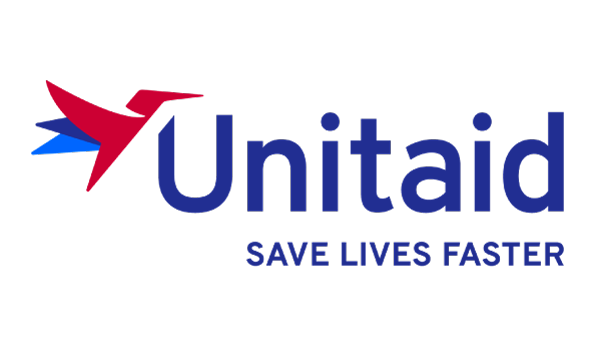About Unitaid and its efforts to reduce anaemia
Catalytic efforts are needed to accelerate progress toward global targets for reducing anaemia – which persists as a major public health issue that disproportionately impacts the most vulnerable in low- and middle-income countries. This need aligns with Unitaid’s mission to expand the reach of the best health products for those who need them most. Unitaid knows from experience that the greatest impacts can be made through strong partnerships that maximize alignment and synergies. This enables Alliance partners to coordinate based on comparative advantage to address the most pertinent gaps in the anaemia space.How our organization is tackling anaemia?
Through working with diverse stakeholders – including governments, in-country stakeholders, affected communities and civil society organizations, we are accelerating access to key anaemia commodities (focusing on maternal, newborn and child health in low- and middle-income counties) through interventions that respond to market barriers – such as increasing affordability, designing and delivering appropriate market interventions, ensuring product quality – such as through the WHO PQ (Prequalification) program, overcoming demand and adoption issues, and improving delivery.
What our organization can offer?
Unitaid’s role in supporting implementation and guiding strategies for anaemia
As part of the Alliance:
- Unitaid launches open Calls for Proposals for catalytic projects spanning 3-5 years, and works with implementers to design interventions that can increase access to health products
- Unitaid issues rolling Calls for Proposals across the portfolio that aligns with the needs of the global community
- They are a responsive funder that ensures equitable, intersectional and people-centred approaches across our model
In addition to their role as a member, Unitaid also helps establish an enabling environment for access, including intellectual property (IP) and regulation. They support innovative supply models and approaches, including local manufacturing and technology transfer, and disseminate knowledge and evidence on access. They achieve this by fostering inclusive and demand-driven partnerships across the global health landscape.
Our specialty:
- Accelerates introduction and adoption of key health products (development market-shaping, adoption)
- Create systemic conditions for sustainable, equitable product access
- Foster inclusive and demand-driven partnerships for innovation

